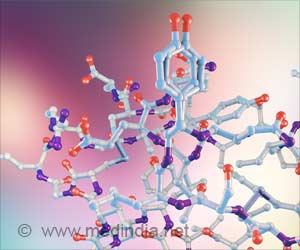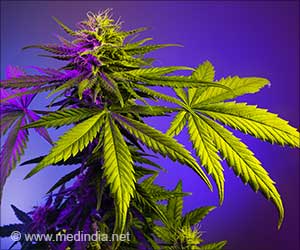Researchers at the University of Georgia claim to have identified a method for testing and assessing the effectiveness of drug treatment for Chagas' disease.
A new method to calculate the effectiveness of drugs in Chagas' disease has been developed by researchers at the University of Georgia.
Chagas' disease is a human tropical parasitic disease, which occurs in the Americas, particularly in South America and the drug used to treat the disease is highly toxic and causes adverse side effects. Moreover, less than 50 pct of those treated benefit from the treatments.The Trypanosoma cruzi (T. cruzi) parasite responsible for the disease is passed to humans from the bite of blood-sucking bugs. It could also develop through contaminated blood transfusions and eating parasite-contaminated food and causes heart disease and intestinal disorders.
"It is the first time we've been able to identify a set of measurements to determine whether or not a drug for Chagas actually works," Nature Medicine quoted Rick Tarleton, distinguished research professor of cellular biology and a faculty member at UGA's Centre for Tropical and Emerging Global Diseases, as saying.
"We also found that the immunological markers of cure in this system, which we developed in mice, provide a means to monitor drug treatment efficacy in humans, something that has been the biggest impediment to developing new drugs," he added
The study also refuted the belief that chronic infections weakened the immune system, instead these infections do not by default exhaust the immune system.
"Current dogma on chronic infections is that constant stimulation of the immune system eventually wears it out, which is one of the problems in treating such disorders as HIV/AIDS.
Advertisement
The study is published in online edition of the journal Nature Medicine.
Advertisement
RAS/L






